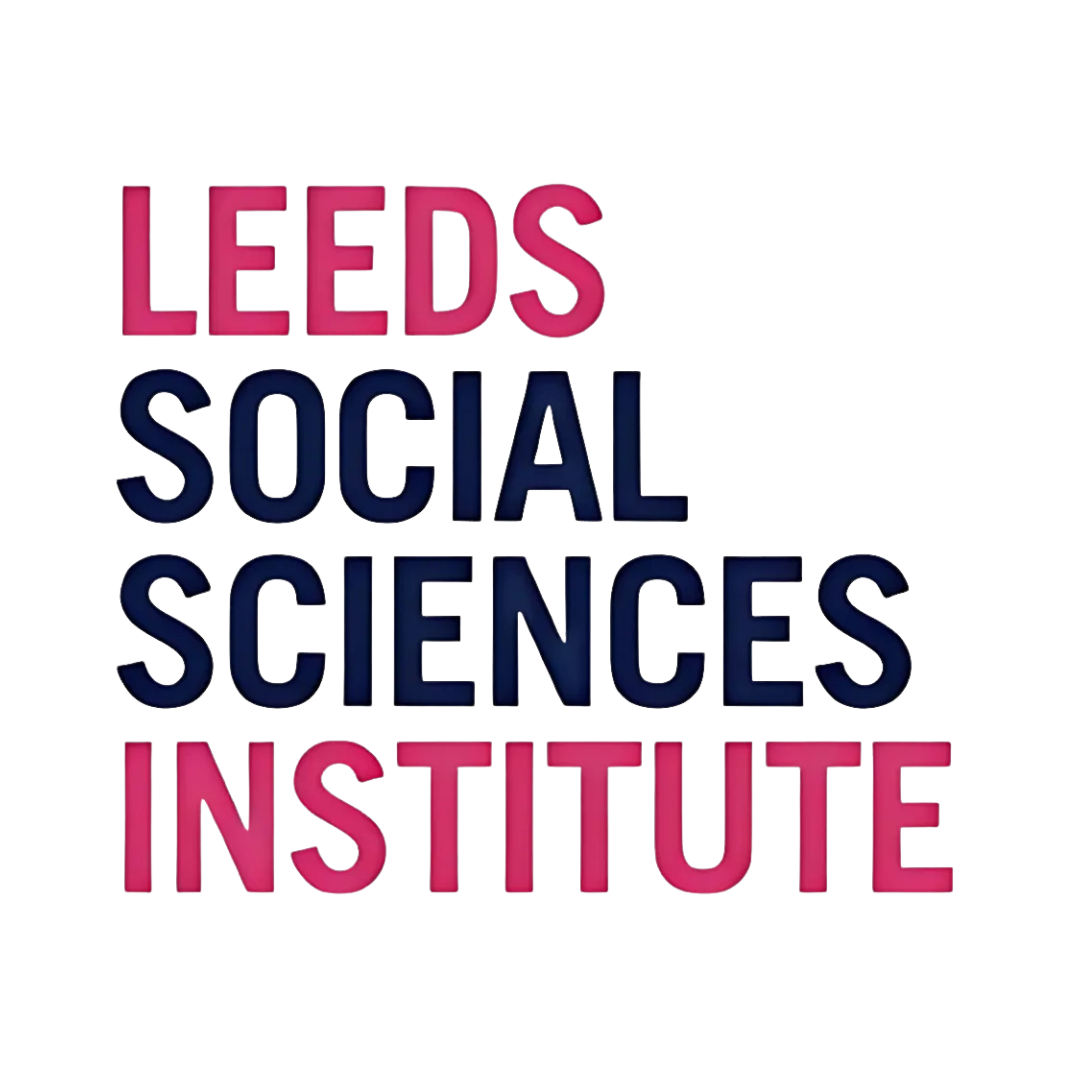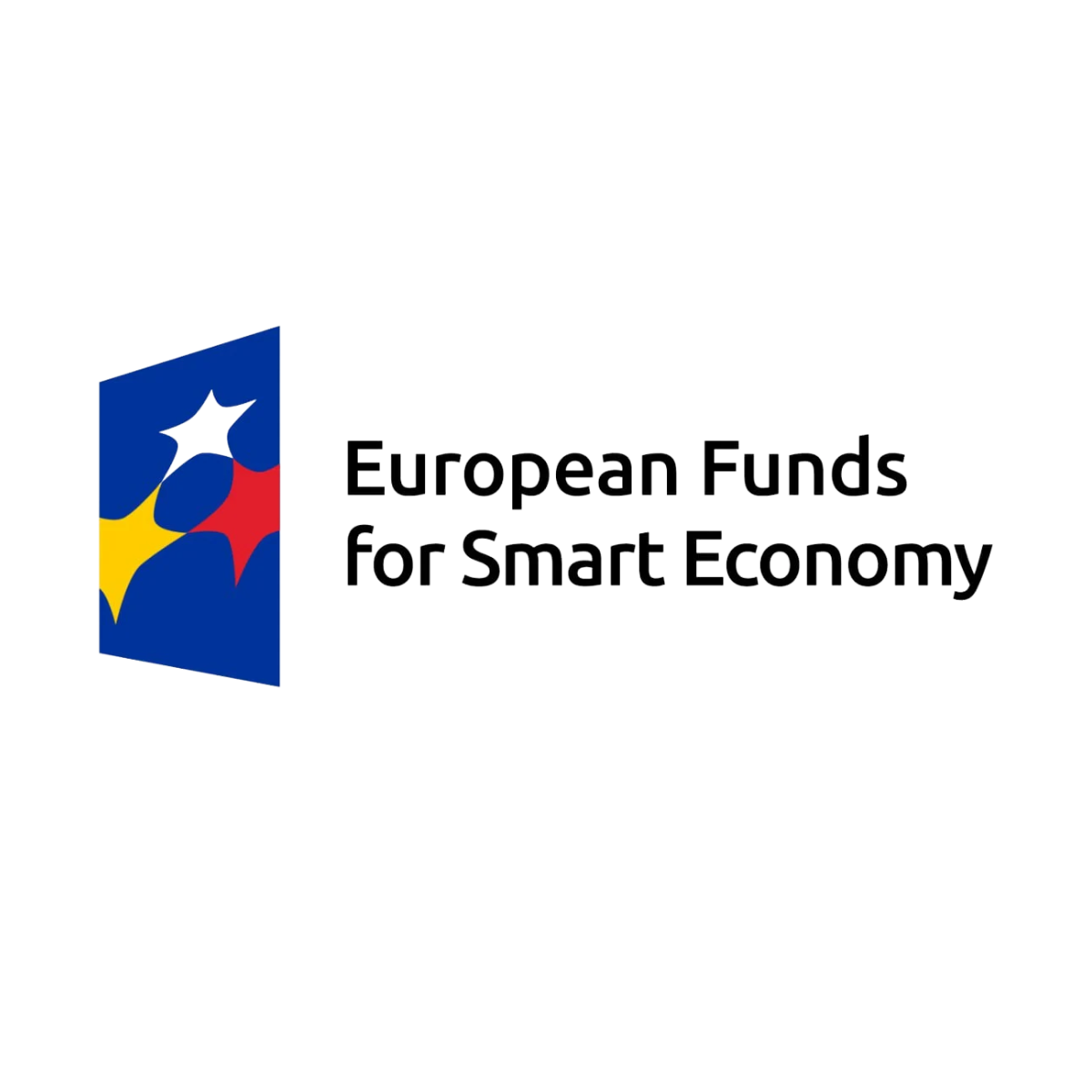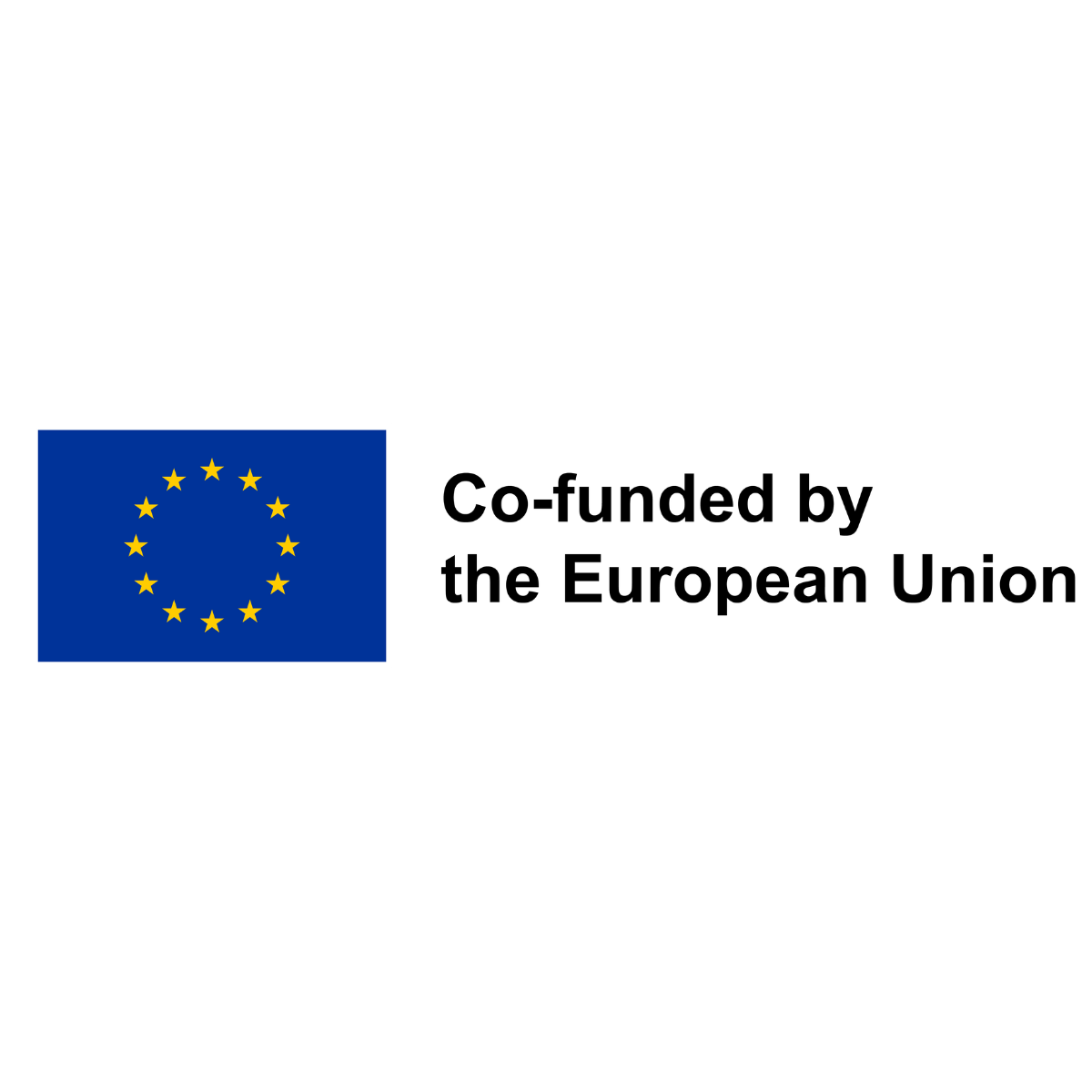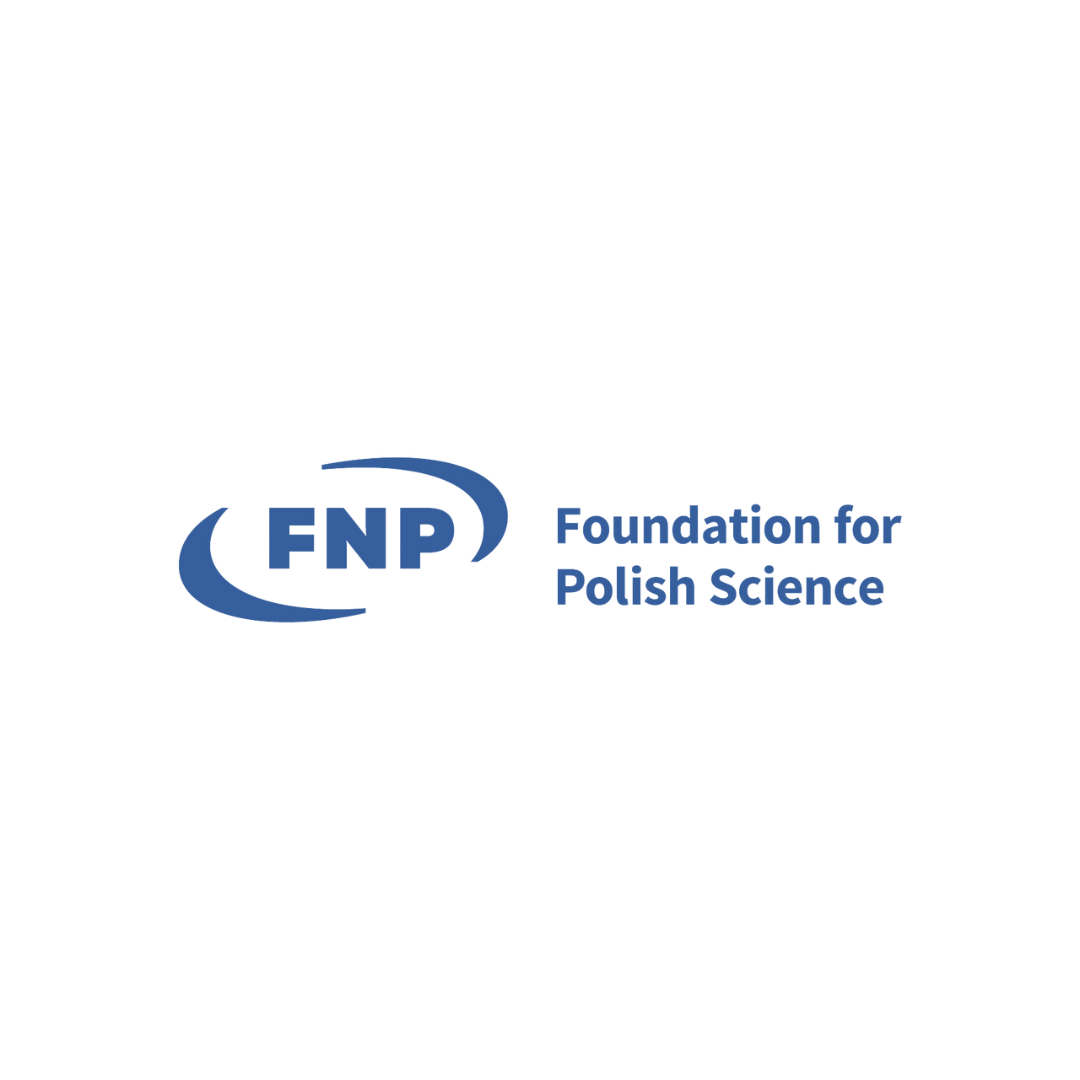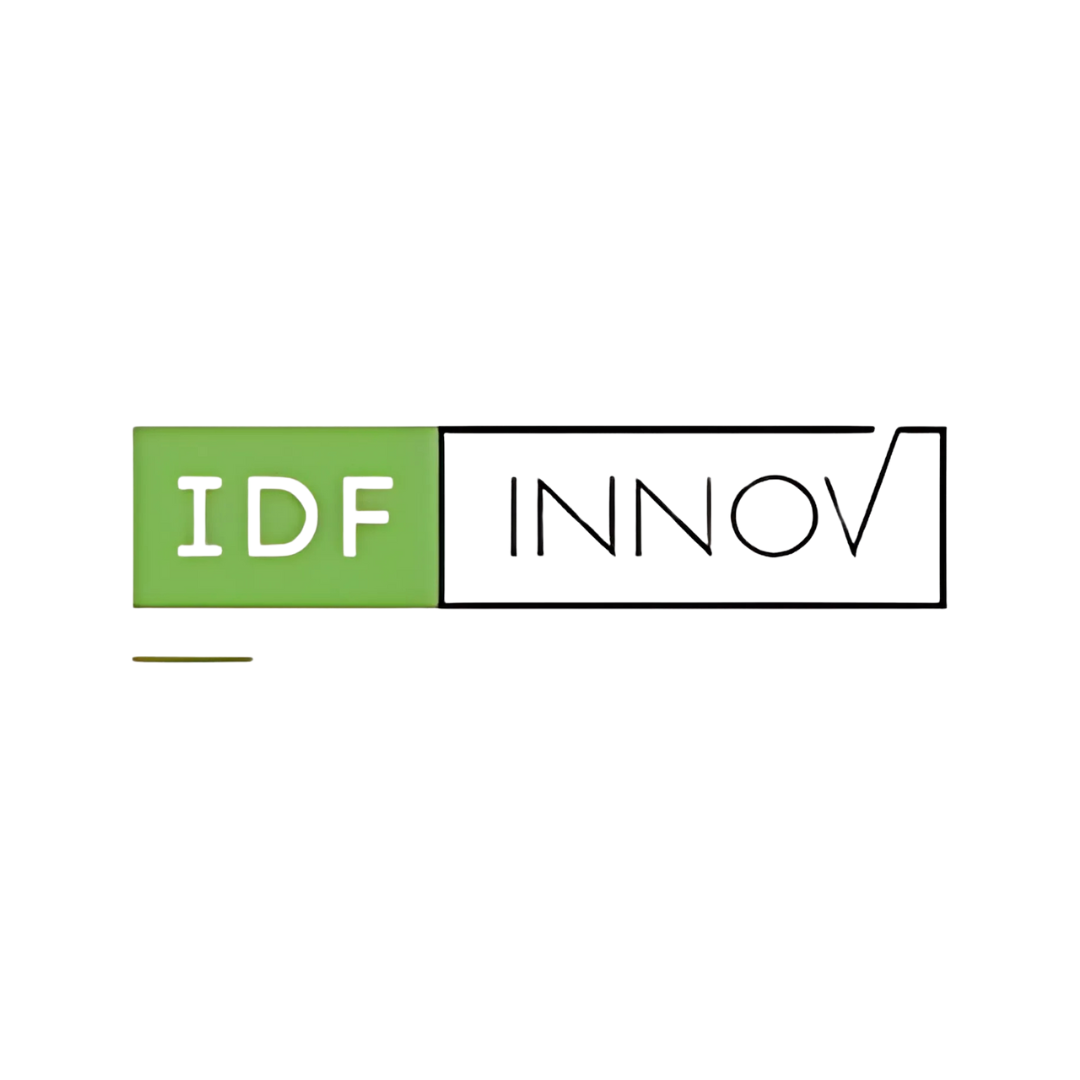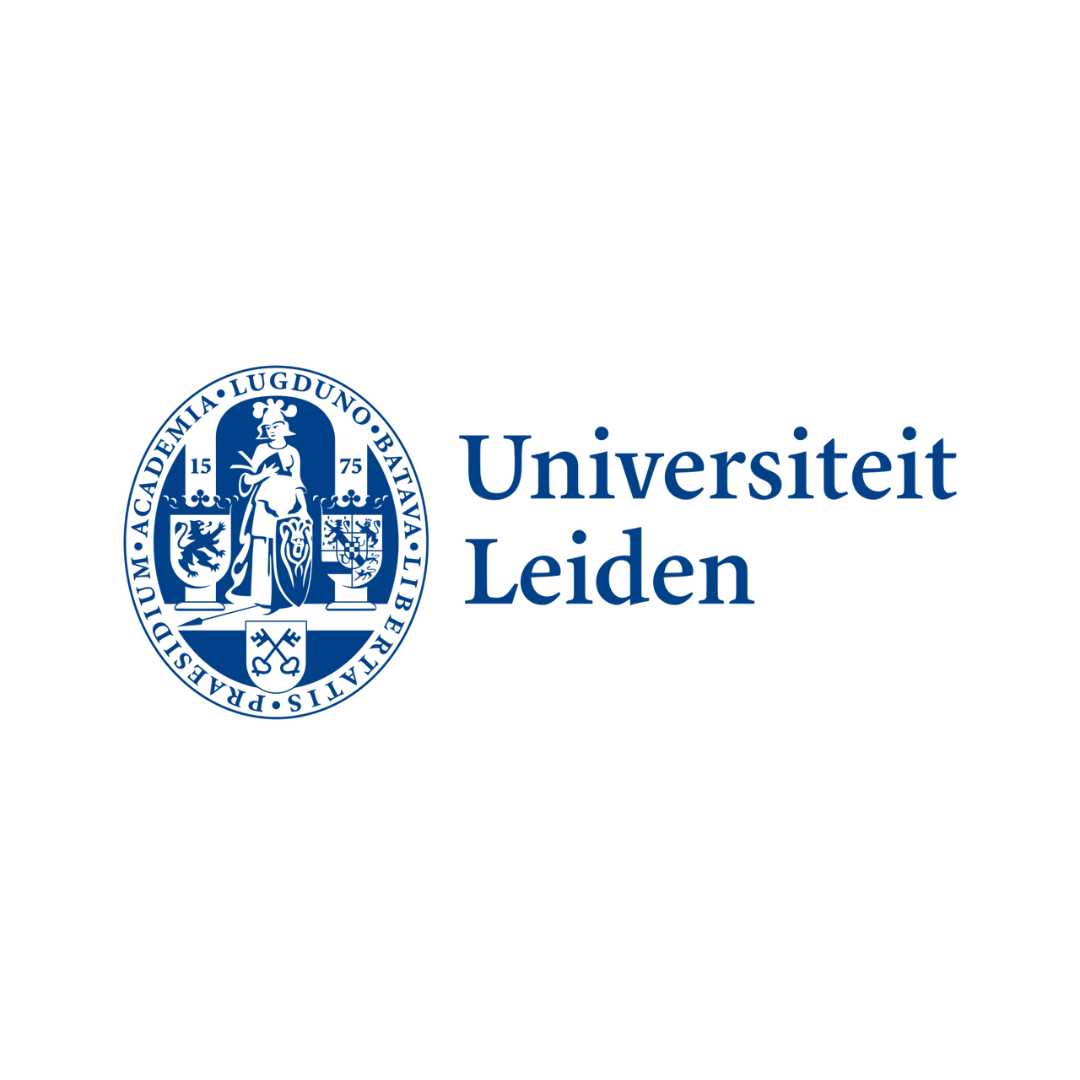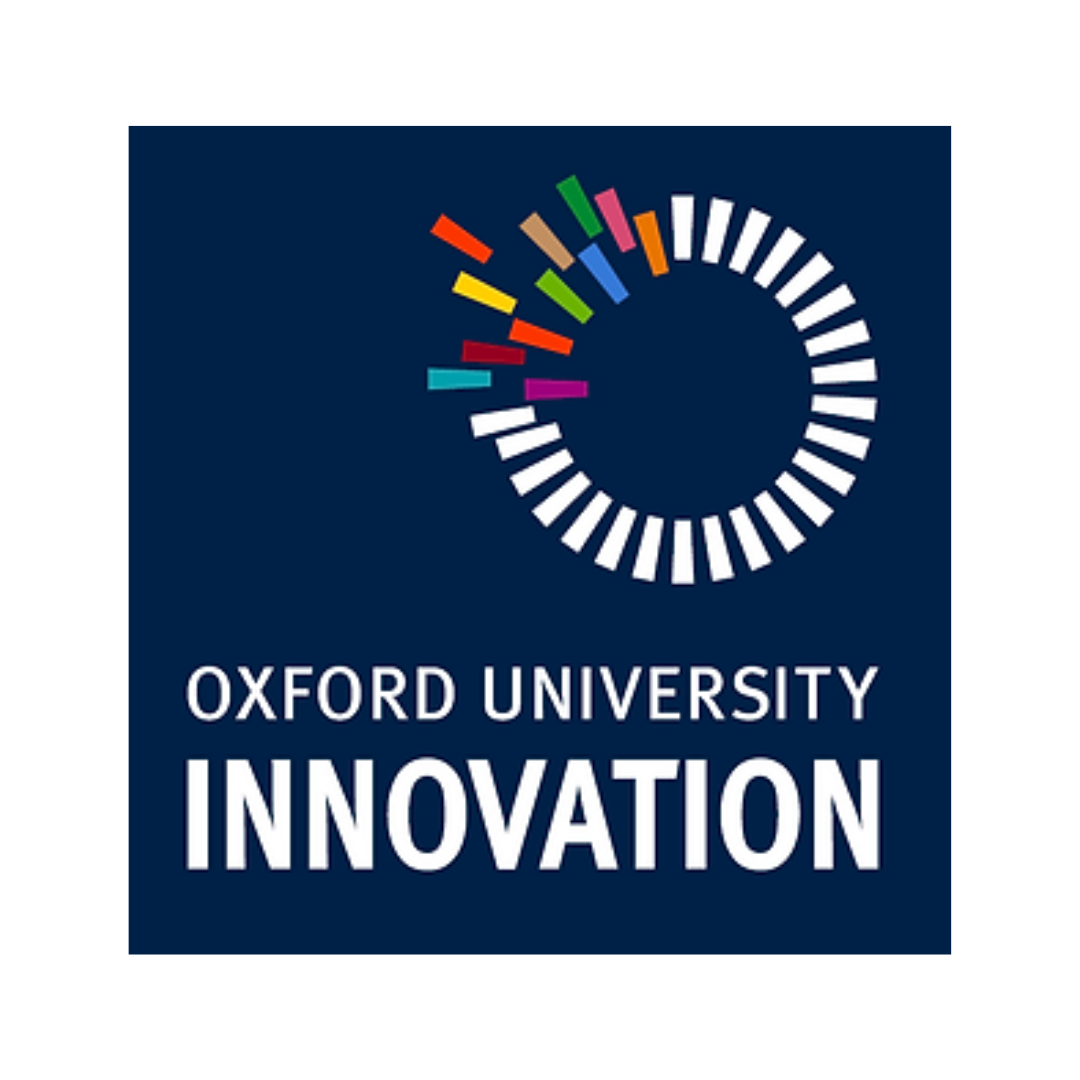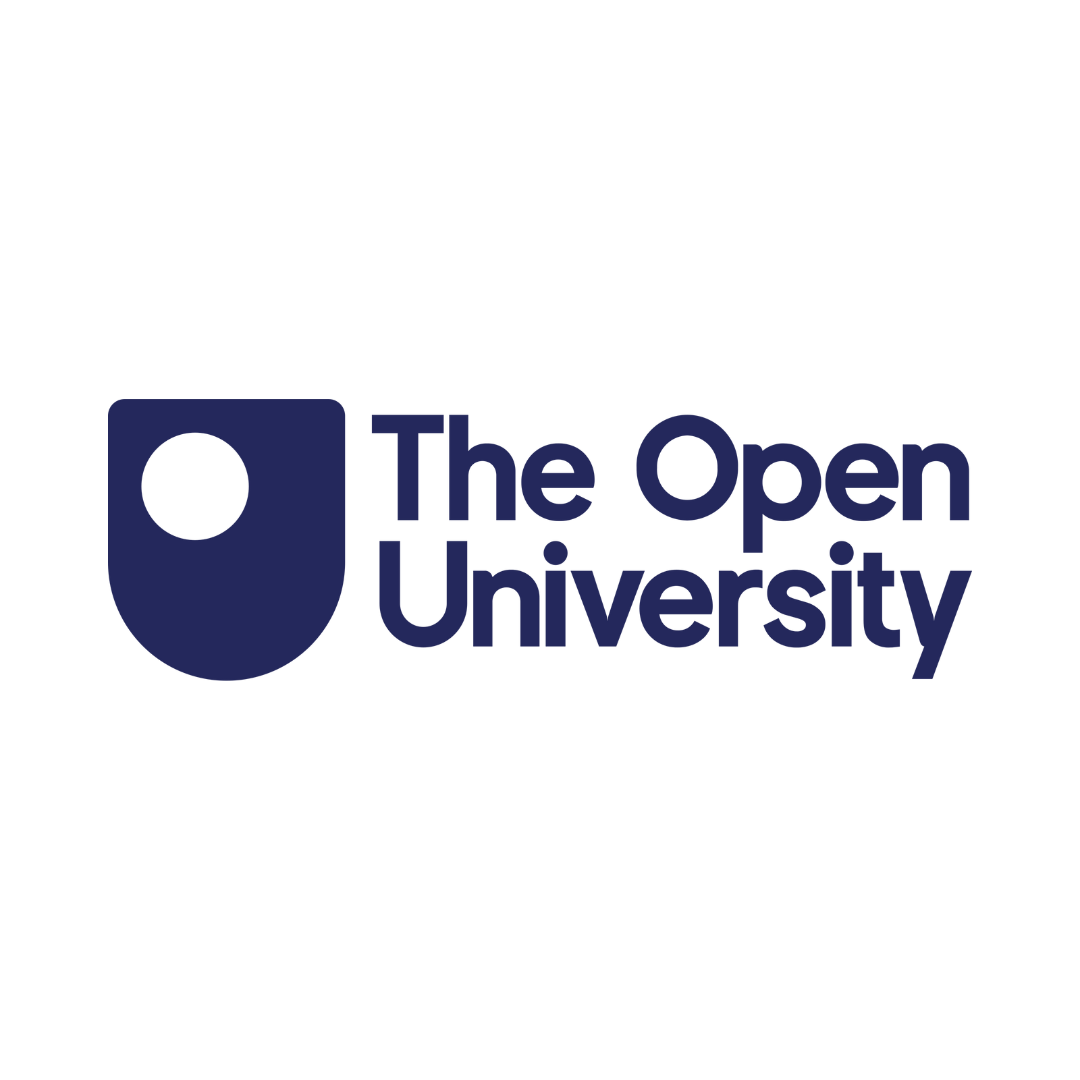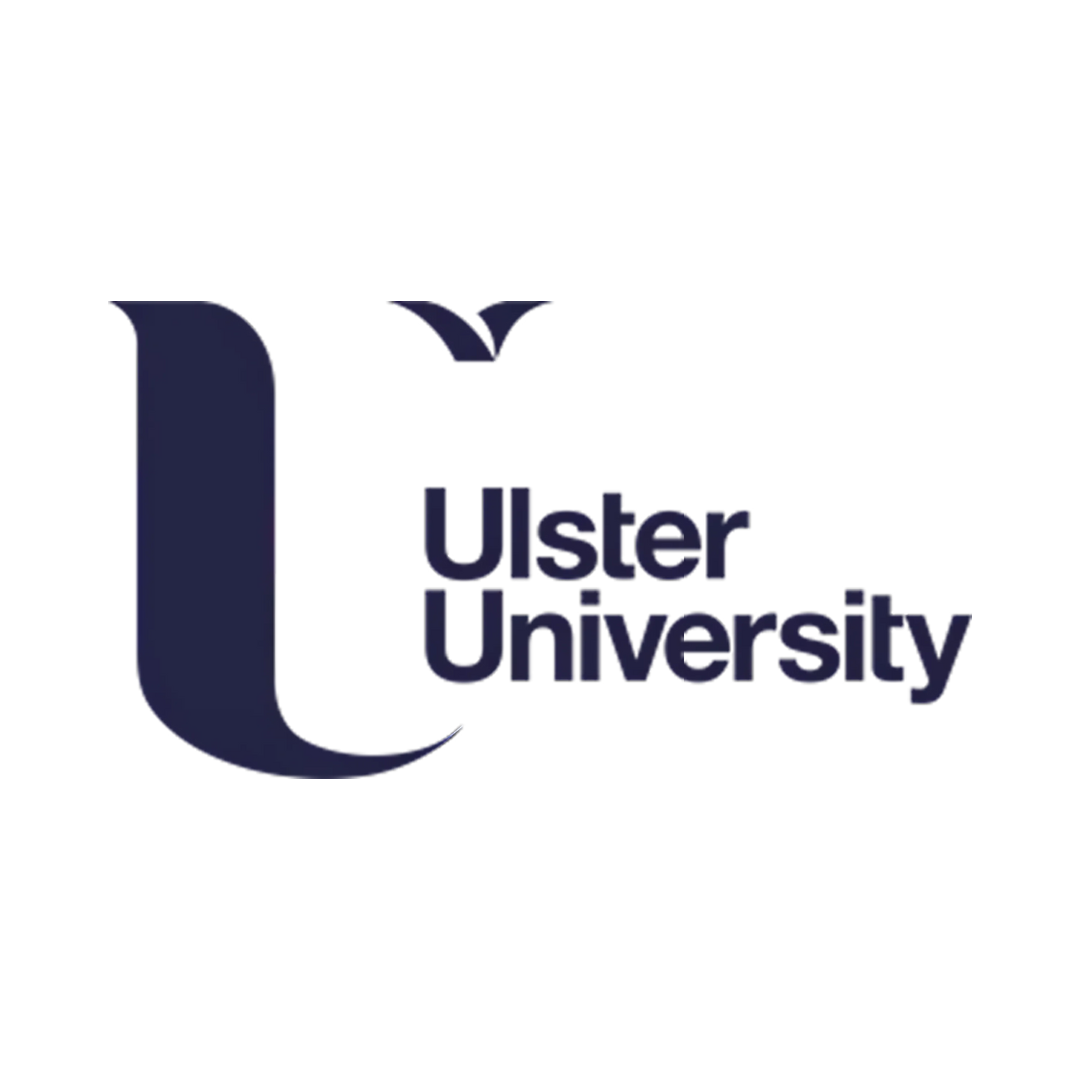PRIME Project – Science Commercialization Support
The PRIME Project is aimed at scientists working in Polish research organisations who, by forming project teams, want to verify the market potential, as well as develop and implement the most appropriate commercialisation path for their ideas, including through the set-up of a spin-off.
The project is run in partnership by the Foundation for Polish Science and Oxentia Ltd.
The project receives funding through the European Funds for Smart Economy (FENG) programme.
Goals
The PRIME grant project will support teams in:
- Development of cooperation, commercialisation and business skills
- Identification and verification of market needs and market readiness of the solution
- Development of the most appropriate commercialisation path and its implementation
- Expand their industry networks and create strategic partnerships
- Setting up and running a spin-off
The PRIME project is divided into three Phases.
Phase I (6 months) is targeted at increasing the competencies of the team members and the initial market validation of the defined commercialisation subject.
Phase II (12 months) is mainly focused on in-depth market verification of the solution, design of the product development and commercialisation strategy and search for an audience.
Phase III (12 months) is dedicated to spin-off companies established as a result of Phase II. The companies will follow an individual company and product development plan.
Addressees
The Applicants for Phase I are research organisations within which Project Teams consisting of:
- The Scientific Leader who acts as the main executor of the Grant – the creator or co-creator of the intellectual property that is the basis of the commercialisation subject. This person is the main implementer of the product development and commercialisation vision,
- Business Leader – a person who supports the Scientific Leader in relations with the market and market validation of the object of commercialisation,
- Technology Transfer Supervisor – the person who supports the Scientific Leader in the development of the commercialisation strategy and is responsible for the development and implementation of the intellectual property protection pathway.
The tasks dedicated to the team members complement each other and are carried out in mutual collaboration.
Researchers at any stage of their research career, including before obtaining a degree, can apply for a grant in the PRIME action.
Applicants to Phase III are companies established as a result of the Project implementing the commercialisation strategy developed by the Team during Phases I and II.
Funding from EU: 33 mln EURO
The project receives funding through the European Funds for Smart Economy (FENG) programme.





